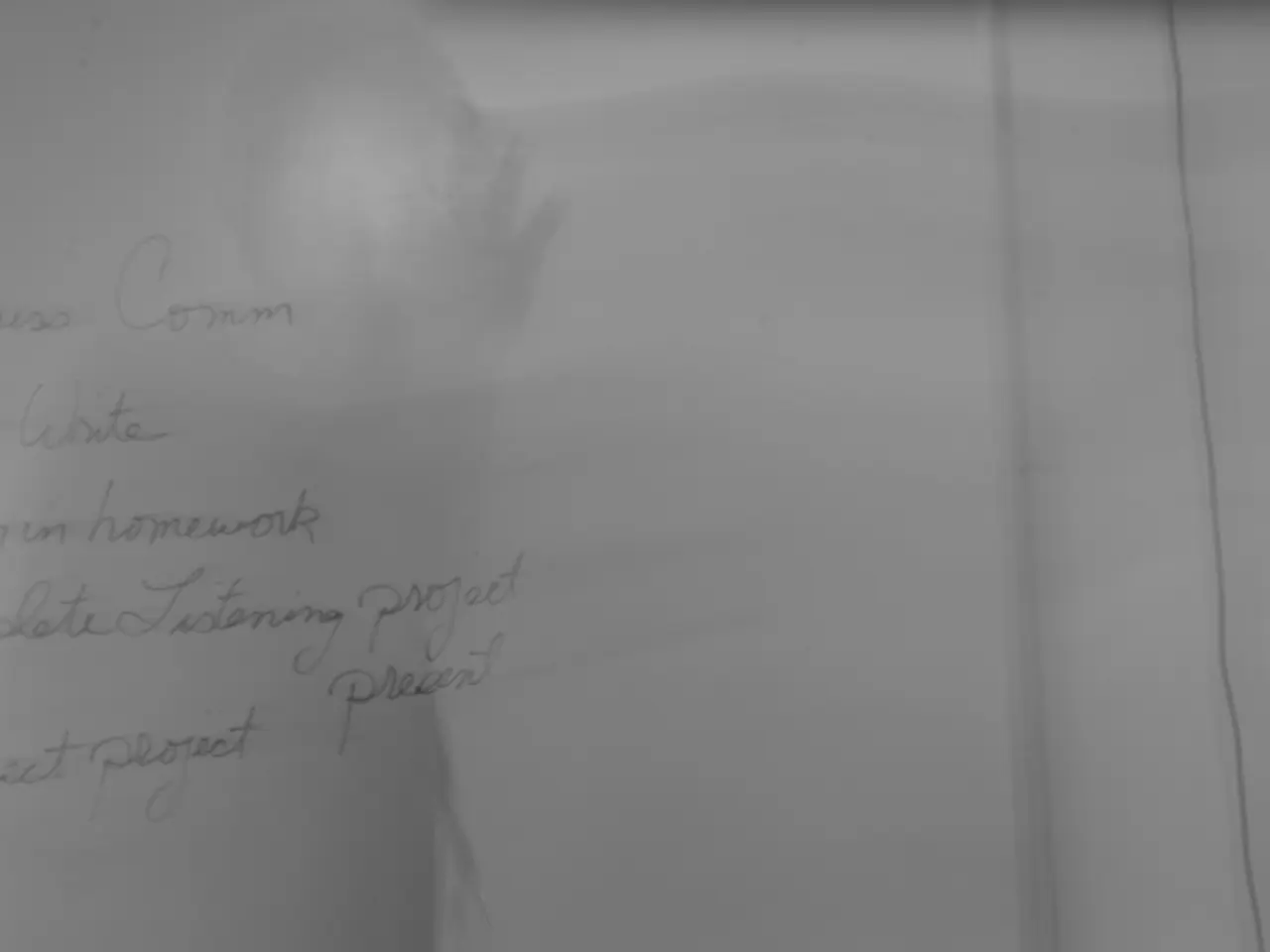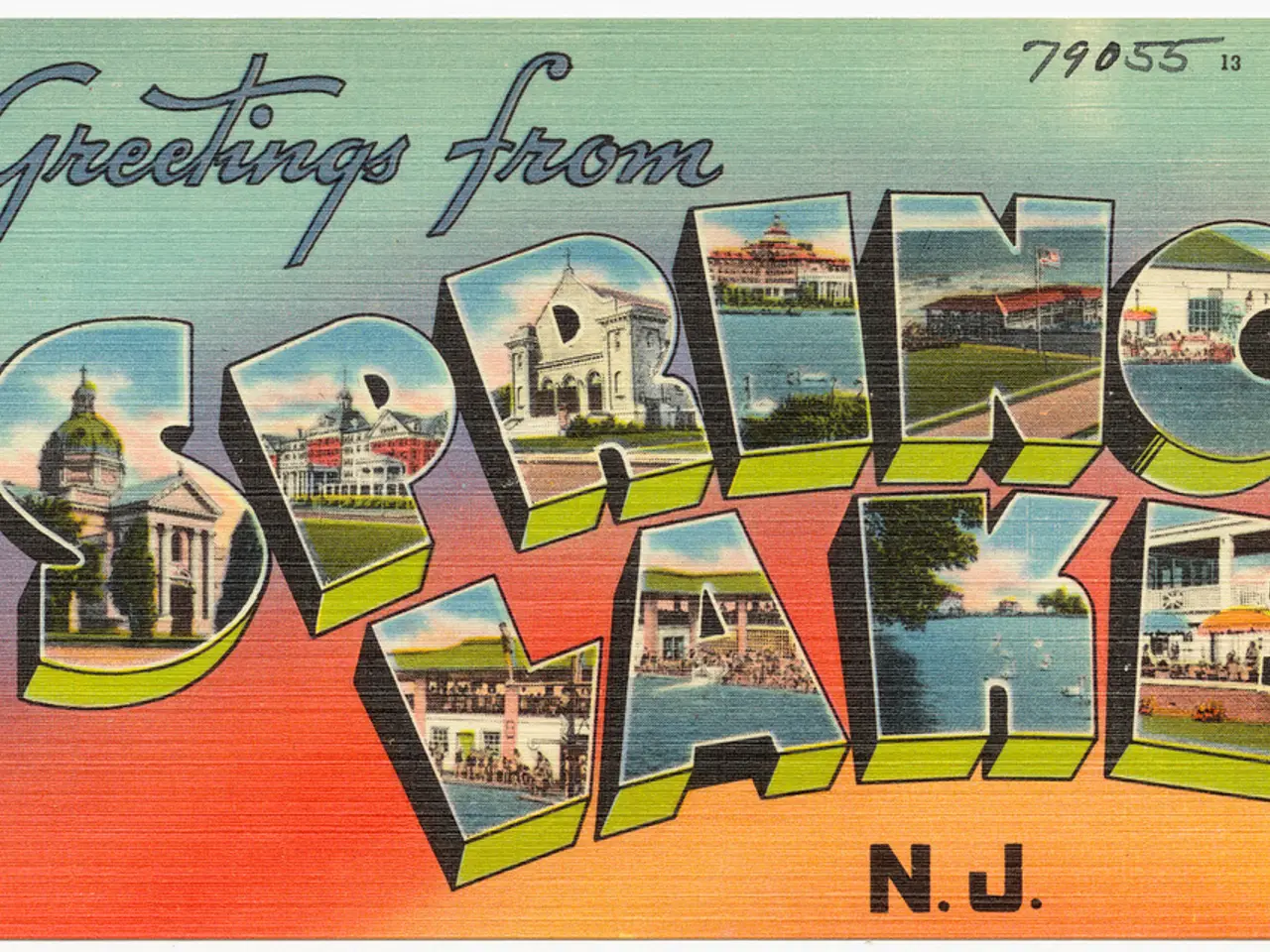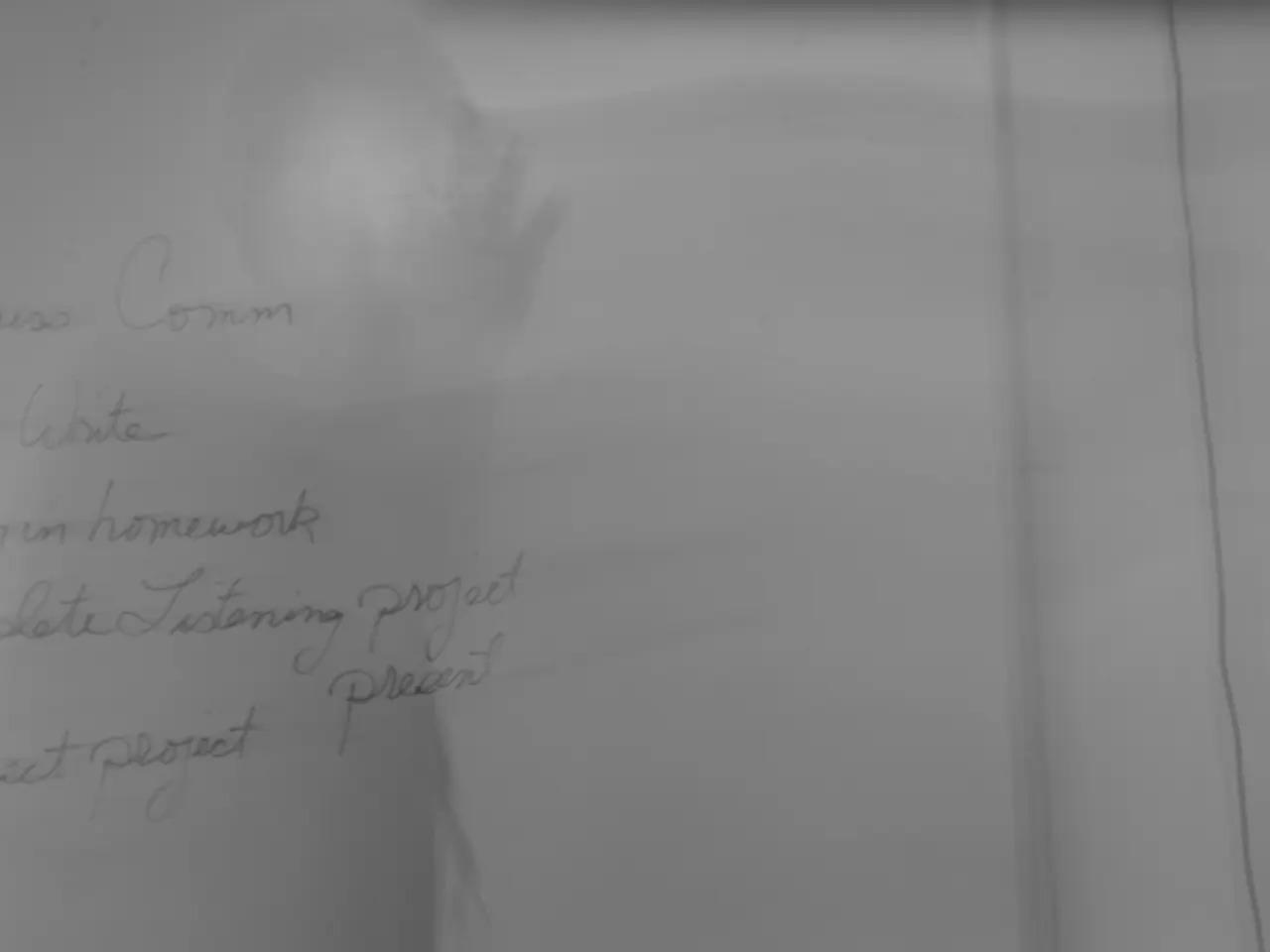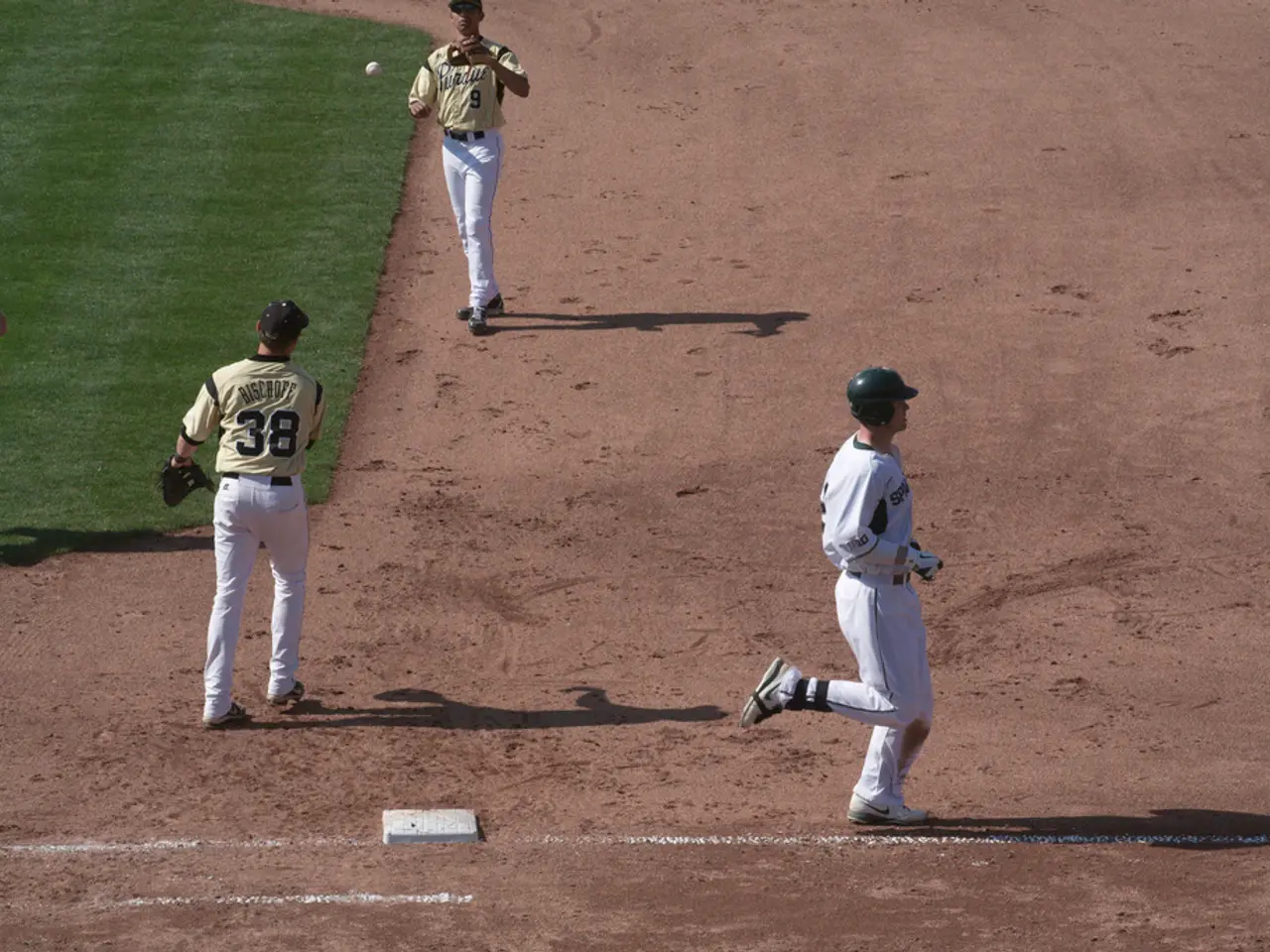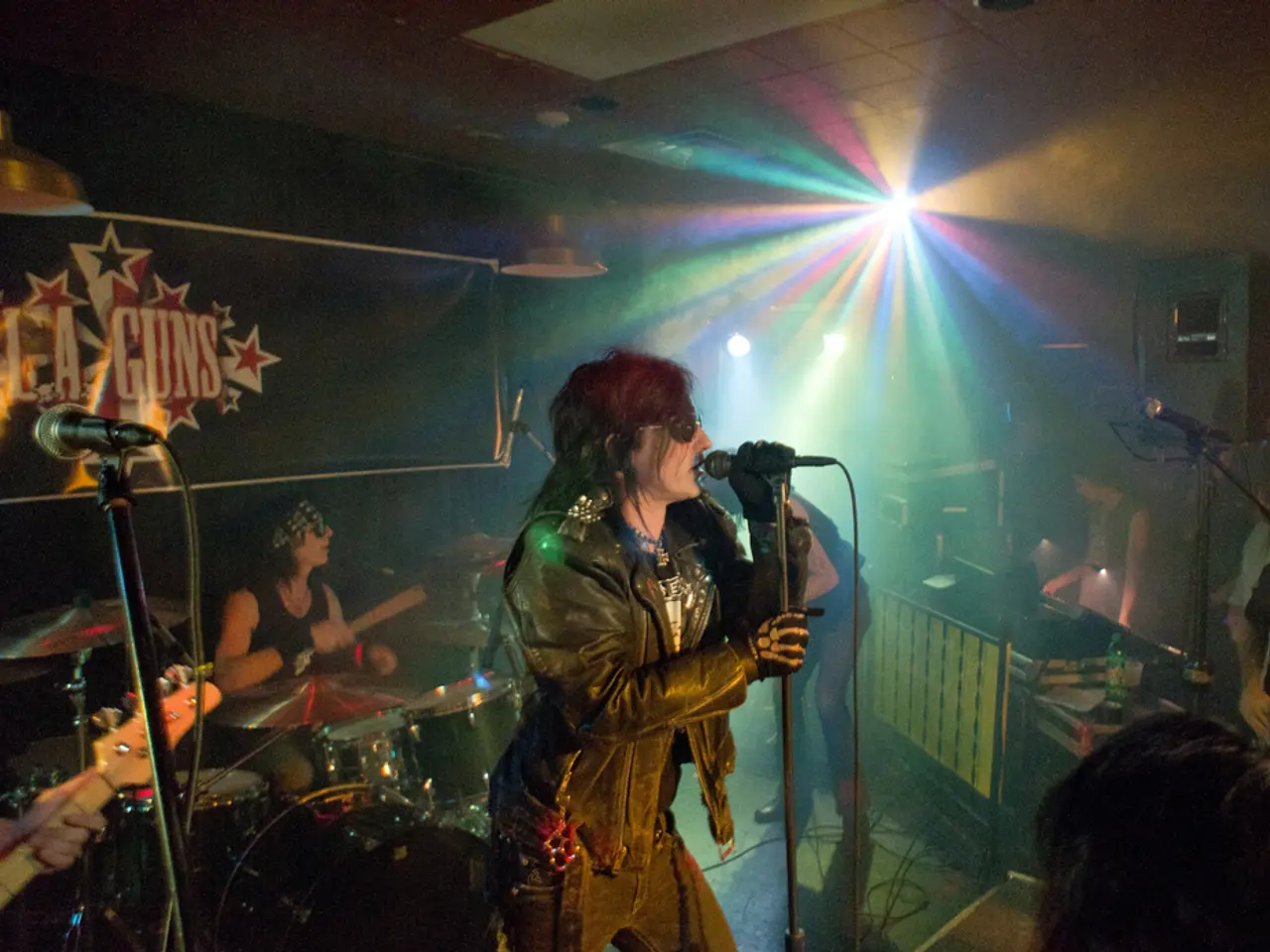Wider Repercussions or Extended Consequences Explored
Brazil's gambling industry is facing a significant turning point, with the proposed increase of the Gross Gaming Revenue (GGR) tax from 12% to 18% on fixed-odds betting, potentially having far-reaching consequences for licensed operators and the overall market.
**Impact on Licensed Operators:**
The increased tax burden, which will total over 60% of GGR when combined with other taxes such as Corporate Income Tax (IRPJ), Social Contribution on Net Profit (CSLL), PIS, Cofins, and municipal service taxes, will significantly reduce operators' profitability and competitiveness. Additionally, operators will face intensified regulatory scrutiny, with the Brazilian Federal Revenue Service prioritising betting firms for inspections focusing on financial transparency, tax compliance, and responsible gambling adherence.
**Impact on the Overall Gambling Market:**
There are strong concerns that the excessive tax increase could drive a significant portion of bettors away from the licensed market to illegal operators. This shift undermines consumer protections and reduces the efficacy of regulatory oversight. Empirical evidence from international experience suggests that tax rates between 15% and 20% optimise both high channeling of bets into the legal market and significant tax revenue. However, rates above 20% tend to cause a decline in legal market share and tax revenue due to diminishing operator competitiveness.
A growing illegal market not only diminishes tax revenues in the long term but also increases risks associated with fraud, problem gambling, and money laundering. The short-term government objective to increase tax revenue may thus be counterproductive by expanding illegality and weakening the nascent regulated market, which had only formally launched in January 2025 with expectations to become one of the world's largest betting markets.
**Industry Reaction:**
The industry remains in a state of limbo, taxed under a provisional regime, yet unsure whether it will survive under the proposed permanent one. Senator Izalci Lucas has criticised the government for not taxing gambling more aggressively and preventing welfare recipients from using public funds for betting. However, the tax hike, introduced by the federal government in June under Provisional Measure 1,303/2025, has drawn sharp criticism from industry stakeholders.
The new joint committee, scheduled to hold four public hearings beginning August 7 and set to issue its own vote on the measure by August 26, will be decisive for the future of Brazil's legal gambling market. The measure, which allocates one-third of the new 18% GGR tax to social security and health, aims to fill a BRL20 billion ($3.6 billion) budget gap. However, critics argue that the measure could derail investment and unintentionally strengthen illegal operators, undoing progress made in establishing a regulated framework.
Senator Randolfe Rodrigues, a supporter of the tax, sees it as part of a broader strategy to address Brazil's social inequalities. Lucas, on the other hand, has pointed out inconsistencies in the government's tax policy, noting that sectors such as agribusiness and real estate are simultaneously being hit with increased levies. The government's pivot toward the sector as a fiscal solution now threatens to destabilise a market still in its infancy. The outcome of the committee hearings and the eventual congressional vote will be crucial in determining the future direction of Brazil's gambling industry.
- If the proposed tax increase on fixed-odds betting in Brazil's gambling industry proceeds, it might lead to a shift of a significant portion of bettors to unregulated, illegal operators, potentially having far-reaching consequences for the overall market and government revenues, similar to how problematic sports betting and poker patronage could impact the general-news sector.
- Online casinos and other licensed operators may struggle to maintain their competitiveness and profitability under the weight of increased taxes and intensified regulatory scrutiny, much like the challenges faced by organizations in the sports betting industry due to political pressures and financial transparency demands.
